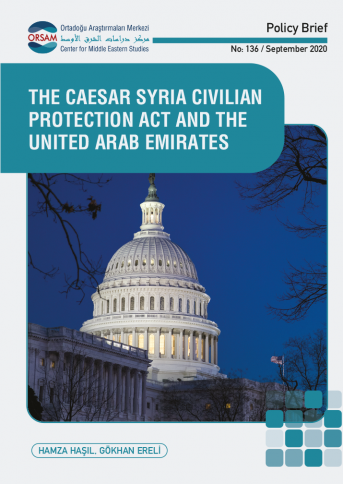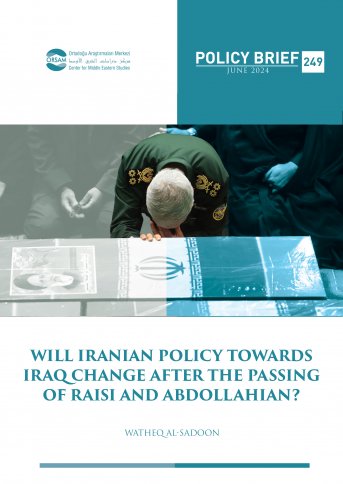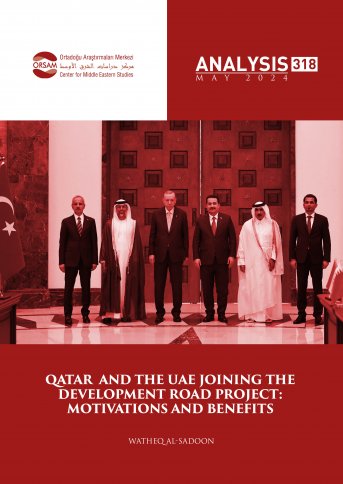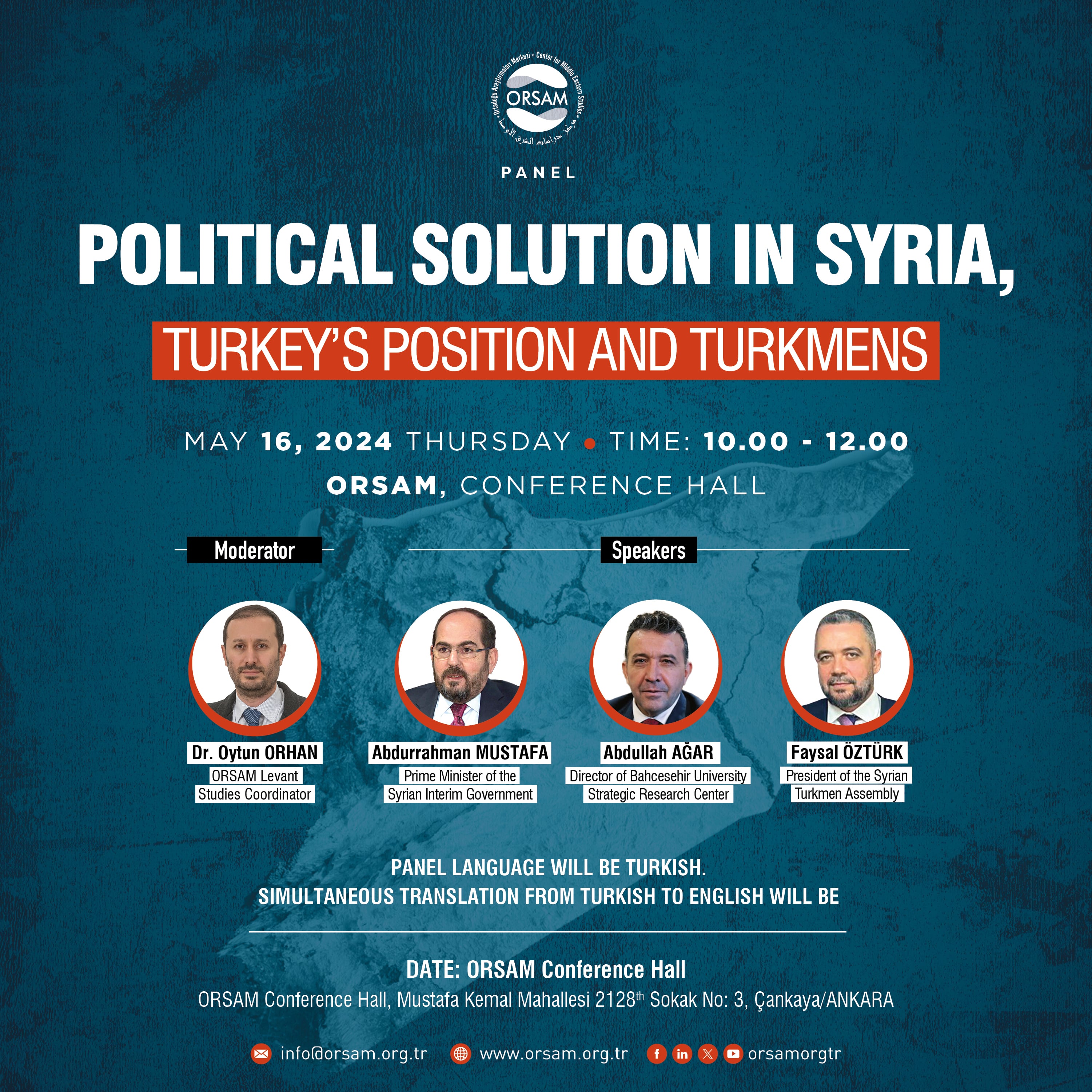
The Caesar Syria Civilian Protection Act and the United Arab Emirates
Unlike the other sanctions introduced against the Assad regime during the civil war, the Caesar Syria Protection Act, which was adopted by the US Congress in December 2019 and came into effect on 17 June 2020, targets regime-supporter individuals, organizations and countries. This aspect of the act has a great potential for affecting various countries which seek to normalize relations and cooperate with the regime such as Russia and Iran. The Caesar Act also serves Donald Trump’s policy of maximum pressure on Iran by targeting Iran’s partners and proxies in the region such as Hezbollah. In the scope of the Caesar Act, “making contracts about reconstruction in the territories controlled by the Syrian regime and its allies” would result in sanctions for individuals or organizations. At this point, the United Arab Emirates (UAE) is regarded as one of the countries which is likely to be negatively affected by the act. The US sanctions had a restricting effect on the diplomatic and economic steps taken by the UAE for the purpose of normalizing relations with the Damascus administration. Even though the first wave of the Caesar Act does not bring about direct sanctions for the UAE, it is likely to levy new sanctions on the UAE in the future.








